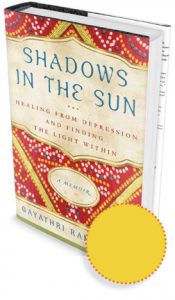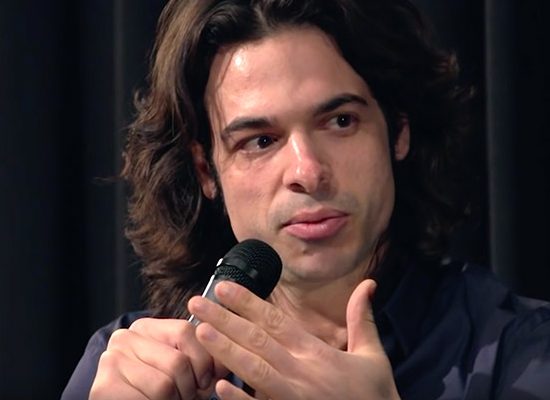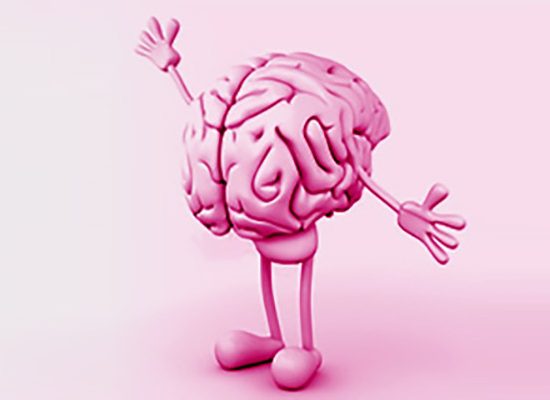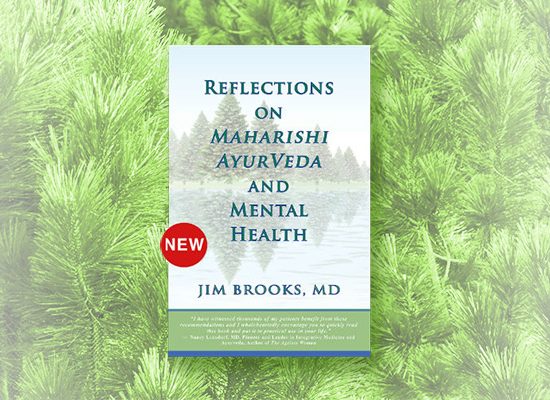“I started struggling with depression when I was 18,” says Gayathri Ramprasad, but “we had no name for depression in India. Initially, I was called a difficult teenager. Then I was called weak and hypersensitive. Then I was a nervous bride. Then, when I left for America, I was called homesick. There was always a rationale, never a true understanding of what was causing my pain.”
For Ramprasad, who was born in India and settled in Oregon, the word depression was literally absent from her vocabulary. Yet for three decades she knew it well. Despite her overwhelming shame, she sought help, at first through medication and eventually through alternative treatments and meditation. She shared her story with Andy Steiner at MinnPost.

Today Ramprasad is a dynamic mental health activist who owes her recovery to Transcendental Meditation® (TM), regular exercise, and therapy. She works tirelessly to help others on their journey out of depression.
Her nonprofit foundation, ASHA International, educates people about depression and supports families. And, as she says of her book Shadows in the Sun: Healing from Depression and Finding the Light Within, “My hope is that this book will speak to people who struggle with mental illness, and bring compassion and guidance to those who love them.”
Her Road to Recovery
“After the birth of my first daughter, I suffered from massive postpartum depression,” Ramprasad says. Over many years, she and her family tried different interventions, but nothing helped. Eventually she tried to take her own life. “I knew then that I needed to fight for my life,” she says.
A major shift came when her therapist told her, “I care about you deeply but I can’t keep you alive by myself. Unless you educate yourself about your disease and how to manage it, you are not going to be able to stay alive for much longer.”

Ramprasad took this advice to heart and began learning as much as she could about her possible recovery. She first checked herself in to a hospital, where, by chance, she met someone who introduced her to TM.
“I have practiced Transcendental Meditation for 25 years now, every morning of my life. It has completely transformed me. Slowly, I discovered that combining meditation with cognitive behavioral therapy and exercise, especially yoga, is effective in fighting my depression,” she says.
“It is an irony that I have come from a country where two of these skills originated, and I had to come halfway around the world to learn that these work in treating my illness,” adds Ramprasad.
“I like to say that India gave me roots. America has given me wings to fly. I am truly lucky to have these two mothers,” she says.
“I have practiced Transcendental Meditation for 25 years now, every morning of my life. It has completely transformed me.”
—Gayathri Ramprasad
Her Own Wellness Plan
Although Ramprasad still struggles with recurring depression, she feels that she’s more in control than she ever was before.
“I compare it to a storm,” she says. “But now I’ve got my own wellness plan, which, when the tsunami strikes and gets me down to my knees, will help me get up again. That I think is the ultimate freedom. No matter the darkness, I know I have the light within me.” Her ups and downs show that for many, recovery takes time, but persistence with the right tools can lead to success.
Good Mental Health for Everyone
While Ramprasad recognizes the benefits of medication for illness, she emphasizes that these natural approaches can also be helpful for those enjoying relatively good mental health. This is one of the holistic approaches advocated by her educational mental health organization, Asha International.
“These practices are not just useful for mental health and addiction. [They are] helpful for anyone’s health and wellness,” she says. “Let’s teach our children ways of living well every day so we don’t have to get sick in the first place.”
Read the full MinnPost article here ►






This has been very helpful article. As a child of abuse, and many recent losses some being to suicide, I have been in a dark place. I have recently found TM and it has been such a blessing, as I am just starting to see that light again–one that felt lost. I can’t thank my teachers enough, as I still have a lot to learn.
Dear Alan, Thank you for sharing your moving comment. I’m so sorry to hear about your profound losses and difficult childhood, but I’m very glad that beginning TM has helped you get back in touch with greater peace and light! I’m sure you’ll find further enrichment in the knowledge and experience offered by your local TM Center, as well as on EnjoyTM.org and EnjoyTMNews.org. Thanks again, and we wish you all the best on your journey!